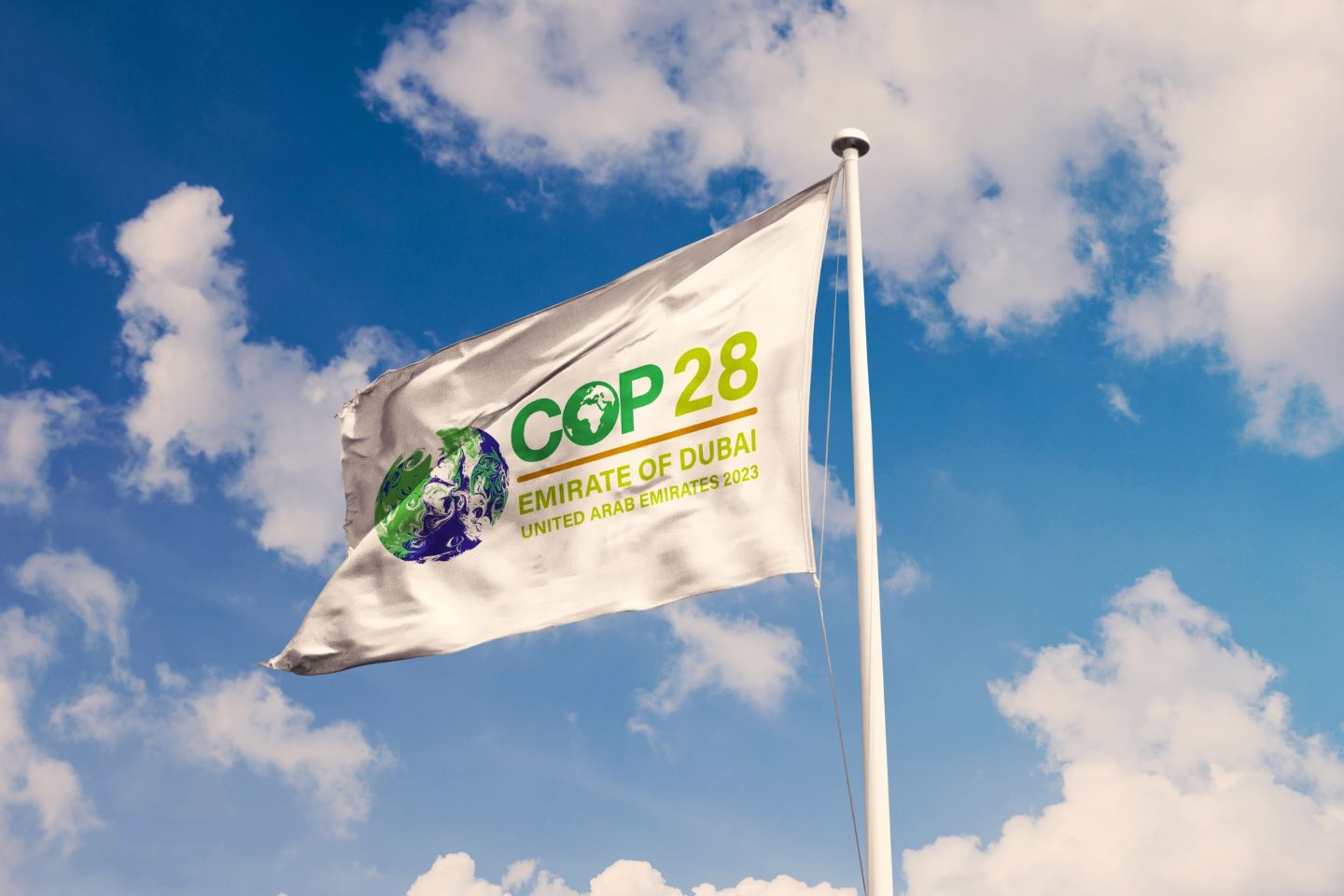This year, Dubai will play host to the 28th United Nations Climate Change Conference (COP28). This follows last year’s lacklustre talks in Egypt and will involve two weeks of discussions surrounding various themes, including energy transition, financial relief, and agricultural security. However, controversy has already sparked ahead of the summit over its designated president, Sultan Ahmed Al Jaber, CEO of the Abu Dhabi National Oil Company (ADNOC). Despite Al Jaber’s affiliation with the oil industry, he has been chosen to lead this year’s COP discussions and it sets the tone for what could pan out as an oil-heavy fortnight of climate talks.
COP28’s anticipated aims
In the weeks leading up to this year’s talks, Al Jaber outlined the four key goals shaping the negotiating process. The goals set are:
- Energy transition
- Fixing climate finance
- Putting nature and people at the centre of climate action
- Inclusivity
The primary focus here is mobilising energy transitions, getting countries to stop their overreliance on fossil fuels, and embracing renewables and alternative clean energy sources. The other three goals all inform each other by including under-represented voices in discussions and focusing on those who are left defenceless in the effects of climate change.
There will be discussions around indigenous voices, youth, education, and gender equality. COP28 is also set to fully launch the world’s first fund supporting loss and damage from climate change, which was initially proposed at last year’s conference.
The corporations expected at COP28
As seen at previous COP summits, multi-stakeholder efforts will take place with the private sector running discussions and providing experience and insight to reach agreements. Returning is Boston Consulting Group (BCG) which brings experience in strategy mitigation and implementation. As this year’s COP focuses on strategy implementation, particularly around executing energy transition, BCG’s expertise will be especially useful to help countries agree and enforce strategies.
COP28 will see involvement from SME Climate Hub around small and medium enterprises primarily in Africa and the Middle East, providing funding and knowledge in emissions reductions. Bloomberg Philanthropies will also be present to accelerate energy transition efforts. Across the whole conference, there are expectations that there will be numerous commercially viable renewable energy solutions fit for investment and global implementation.
The summit has also announced that it will partner with consultancy firm McKinsey & Company. However, in recent weeks, whistleblowers within the consultancy have leaked internal documents indicating that McKinsey and their clients may have similar oil and fossil fuel-based views as the host nation, by continuing to promote investment into oil production.
Oil and COP28
From the get-go, placing Dubai and Al Jaber at the forefront of COP28 raises questions as to whether this year’s summit—particularly its energy transition goals—will be undermined by actors with strong ties to the oil industry. Al Jaber has previously announced that ADNOC will not slow down its oil production, with investments to increase production capacity. Furthermore, studies have estimated that the amount of carbon ADNOC would emit by 2030, would take 340 years to recapture using carbon capture technologies.
Elsewhere, McKinsey’s involvement in the conference has raised concerns over conflicts of interest. Leaked documents indicate that the firm is pushing the agendas of its large oil and gas clients like ExxonMobil and Aramco. The documents further indicate that the company only suggests a 50% decrease in oil production by 2050, at direct odds with COP28’s supposed fossil fuel phase-out and decarbonisation goals. McKinsey’s day-to-day schedule for COP presents an agenda of daily briefings advocating net-zero strategies—but true net-zero strategies would not advocate for oil and gas companies. COP28 will hopefully clarify and realise proposals from COP27, particularly concerning the climate loss and damage relief fund and energy transition strategies. This year also will put a human lens on climate-related issues, raising indigenous voices and highlighting issues of age and gender equality. However, such efforts will be overshadowed by those leading the conference, who could subliminally push an oil agenda throughout the conference.








